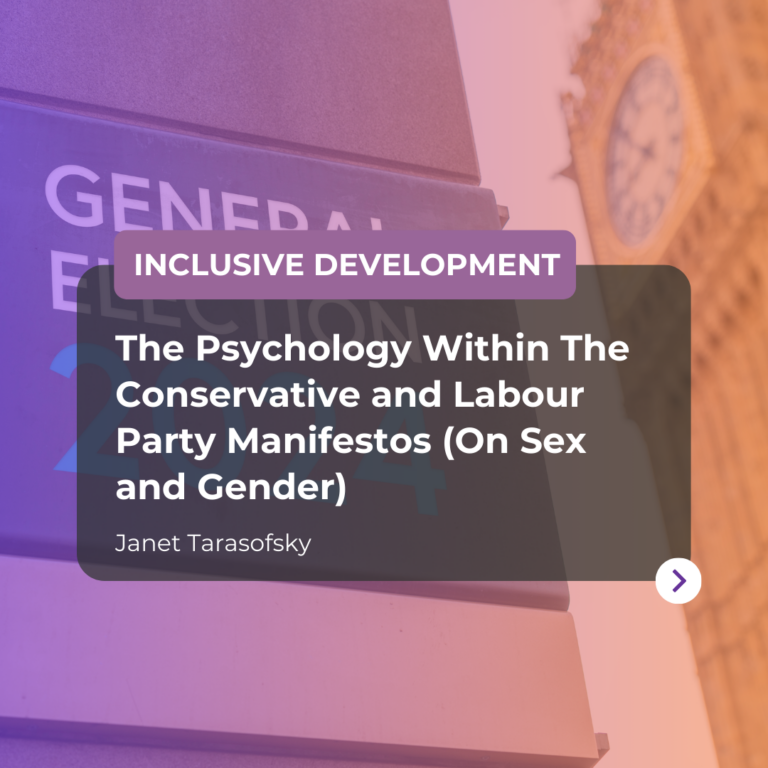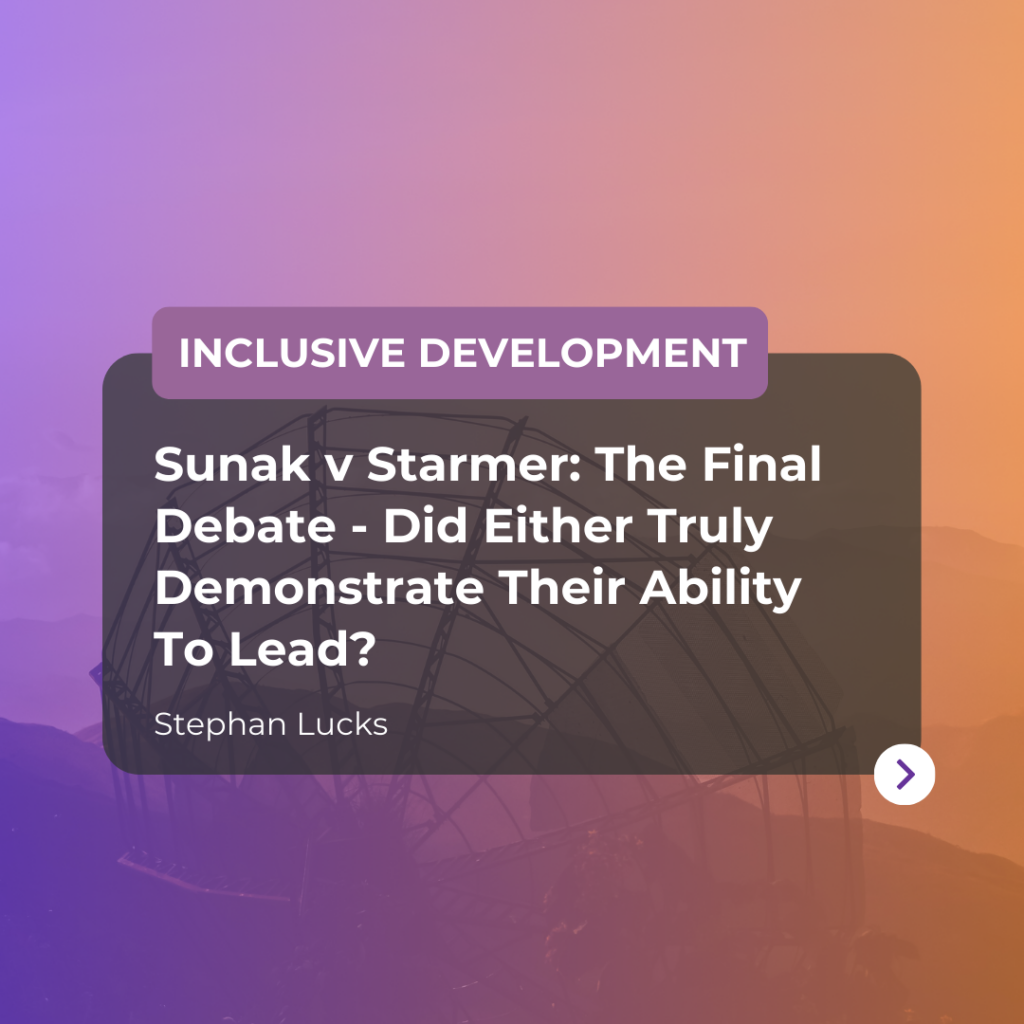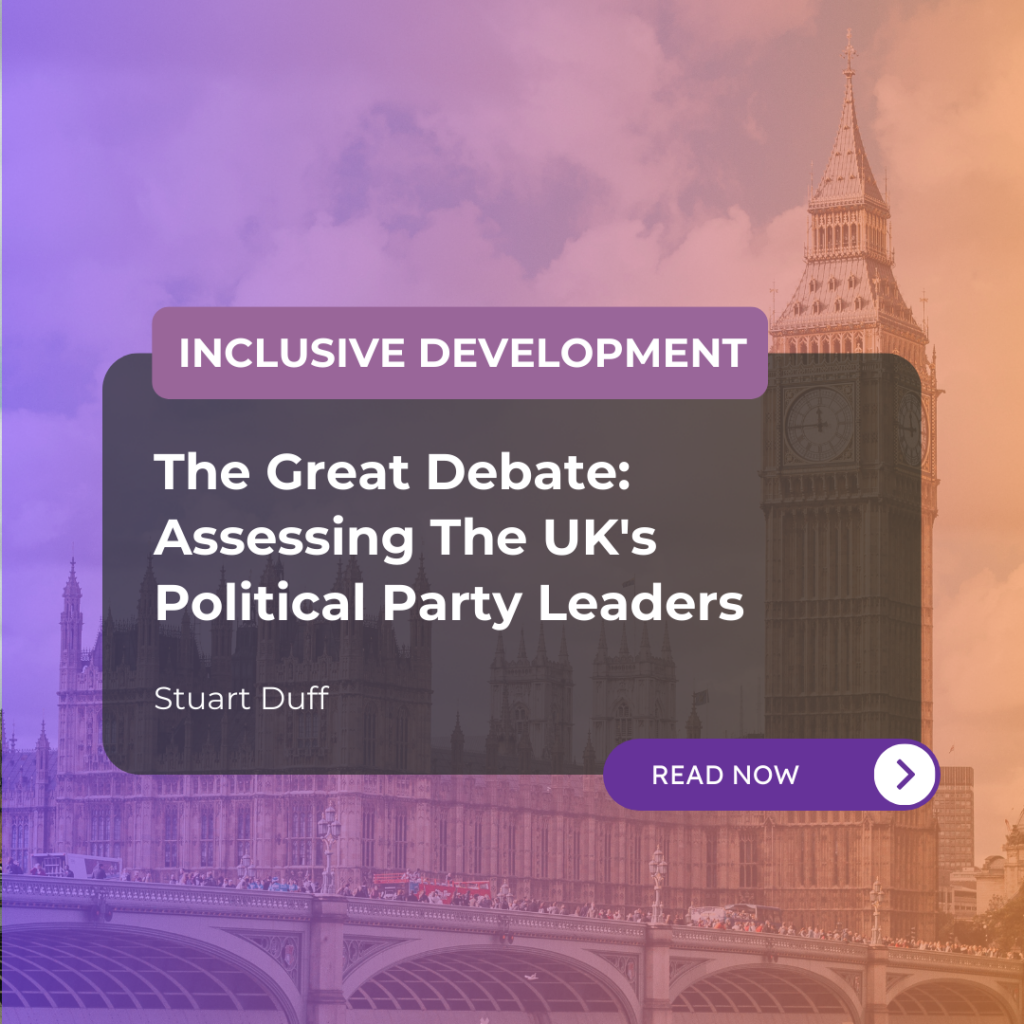During election times, when stakes are at their highest, we can be certain each party is leaving nothing to chance. Every word of their manifesto will have been carefully considered and thoroughly checked against the interests of their constituents, as well as the people they are aiming to recruit. But is it just lip-service? Are there hidden meanings? What about the psychology behind their promises?
One method to gain further insight is to analyse each party’s written promise. Every word selected tells the reader a story, and whether they know it or not, these words shed light on their true intentions.
In this article, I’ll be dissecting the two main party’s pledges on gender. By focusing on language, we aim to discover biases or hidden meanings behind the flowery prose.
What does the Conservative Party Manifesto say on gender?
This section in the Conservative Manifesto uses language that is both bold and assertive, especially when referring to gender identity.
- “We guarantee the contested concept of gender identity is not taught to… ”
- “We will not allow the word ‘woman’ to be erased by health services.”
- “We will prohibit and prevent abusive practices, such as virginity testing, which violate the dignity of women.”
- “We will also legislate so that an individual can only have one sex in the eyes of the law in the United Kingdom.”
The words chosen are aimed at supporting the current norms and minimise the degree of change within gender identity. Furthermore, the quotes show that they are dealing in absolutes, which can have a domineering effect on the reader, leaving little room for debate. The risk of this promise coming to fruition is that those who don’t fit the law may become abnormal, which historically incentivises discrimination and fear.
Another theme we noticed was the abundance of protective language when referring to women in the Conservative manifesto:
- “violate the dignity of women”
- “we will not allow the safety and privacy of women and girls to be undermined”
These phrases put emphasis on women’s vulnerability rather than empowering them. The Situation Model Theory explains how readers call upon mental images of the written text based on past information. The above phrases can lead the reader to associate women with frailty, in need of protection.
There is much research to support society unconsciously associating women as nurturers with a supportive role, and men as independent with provider roles. By using protective language, the Conservative Party is (consciously or unconsciously) reinforcing these stereotypes.
There are also examples of ‘action’ language in promises such as:
- “We commit to delivering on our target to increase the female police workforce to 50%”.
- They address the investment gap in female businesses when promising to: “Work with the British Business Bank and private sector fund managers to secure a £250 million Invest In Women Fund to support female entrepreneurs.”
However, when compared to the Labour Party, the Conservative’s use of action-words is few and far between.
To sum up, the language used in the Conservative Party’s gender manifesto is assertive, clear and frank. It also projects traditional views which have the, possibly unintended, effect of reinforcing gender stereotypes.
What does the Labour Party Manifesto say on gender?
When comparing the Labour Party Manifesto to the Conservative Party Manifesto, there are sharp contrasts in language and framing of gender issues. In place of the Conservative’s strong and absolute language, there are more examples of emotionally charged words:
- “Women’s equality will be at the heart of our missions”
- ‘We will use every government tool available to target perpetrators’
- “Never again will women’s health be neglected”
The passionate language in the first two statements aim to reassure the reader that the promise will be supported by resources, not simply lip-service. However, in the last example, the emotionally charged words carry the risk of an over-promise, which could cause the reader to become more cynical. “Never again” may indicate ‘as soon as we are elected’, however in reality it will take time to eradicate the systemic neglect of women’s health. It could call the promises’ believability into question.
We found that Labour’s manifesto frequently uses action-oriented words, with repeated phrases like:
- ‘Our plan to Make Work Pay will transform the lives of working women”
- “Labour will take action to reduce the gender pay gap”
- “Labour will build on the Online Safety Act”
Labour’s use of actionable language works to reassure the reader by explaining exactly how they will tackle each issue regarding gender. On one occasion, Labour’s manifesto goes beyond solutions by naming one source of the problem: Misogyny. Their words are “Misogyny is one root cause, and therefore Labour will ensure schools address misogyny and teach young people about healthy relationships and consent”.
By naming the source, Labour can operationalise and give readers a plan to eradicate it. This Naming Technique is often used by psychotherapists when dealing with trauma victims. It helps give people a sense of control by bringing emotions into the frontal cortex where we can think them through more logically.
Furthermore, there are two examples of Contrast Bias within the Labour Party manifesto. Contrast Bias occurs, often unconsciously, when evaluating topics by comparing them to each other instead of objectively assessing them against necessary criteria. The following examples compare current Conservative policies to Labour’s promises.
- “We will also modernise, simplify, and reform the intrusive and outdated gender recognition law to a new process.”
The contrast is found by Labour stating that current laws and processes, and by extension, the government, are old and outdated. In comparison, Labour becomes appealingly relevant and modern.
- “For too long, violence against women and girls has been ignored.”
Labour’s comparison tells the reader that the Conservatives have failed women. Psychologically, they are playing the ‘Rescuer’ in the Drama Triangle, proposed by Stephen Karpman in 1968 where there is always a victim, a rescuer, and a perpetrator. In this case, the Labour Party are the heroes, the Conservative Party the perpetrator, and women and girls are the victims.
Omission of language is equally as revealing as a party’s chosen words. In Labour’s Manifesto there is almost no mention of the male gender. Other than in relation to the country’s defence, the party exclusively focuses on women and LGBTQ+ rights. From an inclusion perspective, this omission means a lack of shared responsibility for the gender initiatives to be realised. Research suggests that men must be involved and included for equal gender rights to be reached.
What can we learn from each party’s manifesto when it comes to gender?
We have attempted to use psychology and parts of Conversation Analysis to unpack the two main party’s manifestos in order to look beyond the written word. We found that in both the Conservative and Labour manifestos, regarding gender, there were clear tactics used to enhance their point of view. But we also found some hidden biases behind their framing and chosen words.
We hope this was useful and enlightening. If you would like to learn more about using psychology to understand more about your business, processes and teams, please do get in touch.








